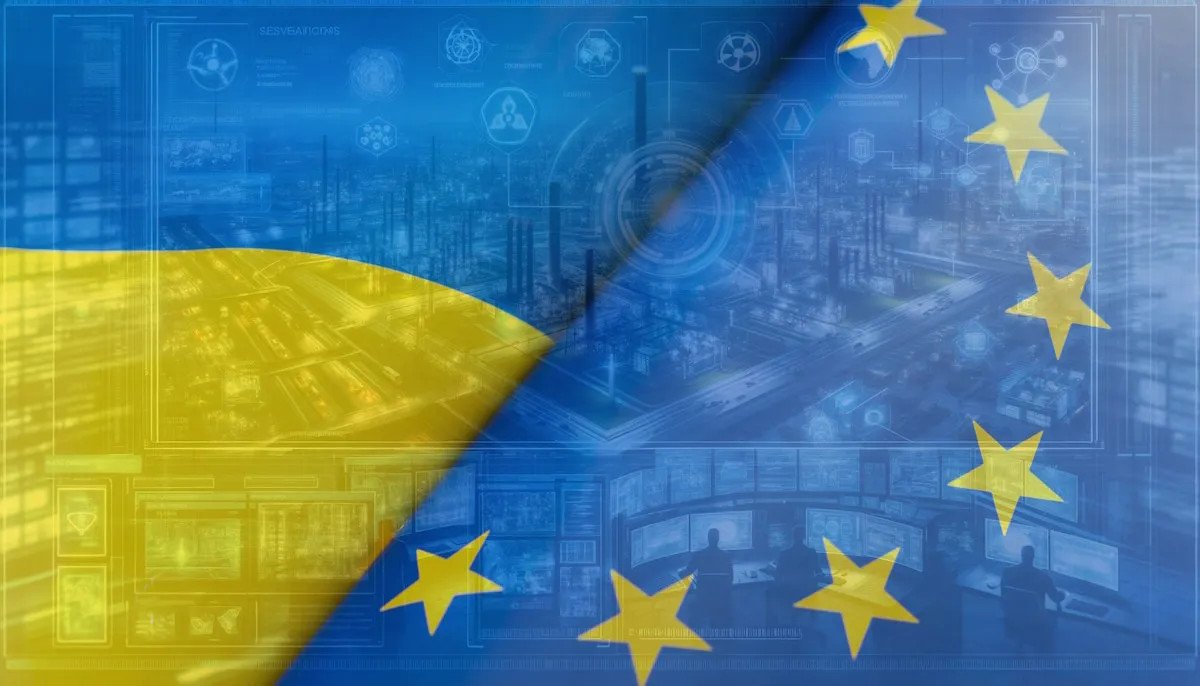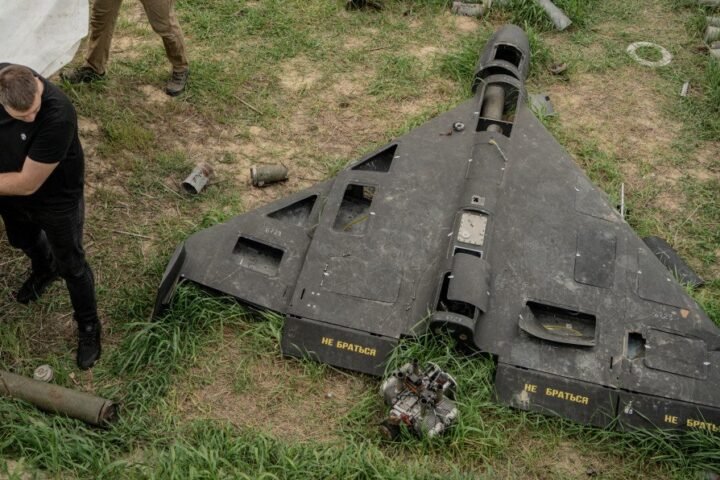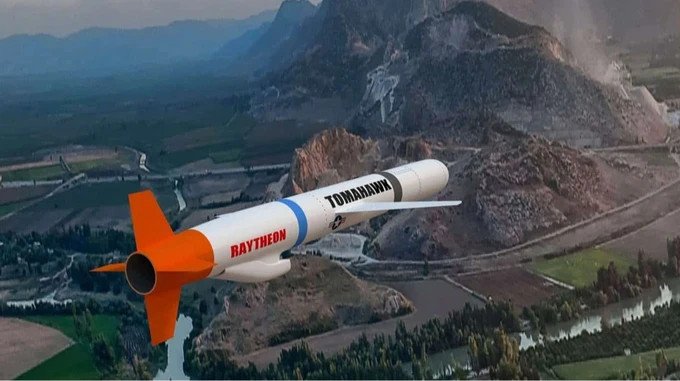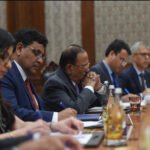President Donald Trump reaffirmed unwavering US backing for Ukraine during a high-profile meeting with President Volodymyr Zelenskyy, underlining a shared stance against Russian aggression. The discussions highlighted growing US readiness to sustain Ukraine’s defense until the war’s end, alongside strengthened ties with NATO and the EU.
Trump criticizes Russia and rejects territorial concessions
The meeting conveyed Trump’s view of Russia as an aggressor, marking a significant shift in his stance toward Moscow. Trump expressed loss of faith in Vladimir Putin, emphasizing respect for Zelenskyy’s leadership and Ukraine’s resilience. Importantly, all attempts to persuade the US administration to recognize Russia’s territorial gains failed, reaffirming support for Ukraine’s sovereignty and territorial integrity.
Escalations strain US-Russia relations and open opportunities for Ukraine
Recent provocations by Russia involving drones and aircraft over NATO territory have sharply deteriorated US-Russia relations, according to Trump. This deterioration, he noted, removes diplomatic constraints and creates space for Ukraine and allies to act decisively. Trump’s comments signal a willingness to escalate assistance in line with Ukraine’s defense needs, intensifying pressure on Moscow.
Ukraine secures international support and security assurances
Trump stressed that the United States and allied partners remain committed to supplying Ukraine with weapons and financial aid. NATO and the EU were highlighted as pivotal partners prepared to bolster Ukraine’s defense capabilities. Zelenskyy reportedly received positive signals regarding possible security guarantees in a post-war scenario, strengthening Kyiv’s diplomatic position.
Kremlin blocks peace talks amid battlefield losses
Despite offers from Ukraine and its allies to hold leader-level talks in Turkey, Saudi Arabia, Europe, or Kazakhstan, the Kremlin has repeatedly declined, according to US and Ukrainian officials. Trump stated that Moscow’s aim is not negotiation but prolonging the war. Meanwhile, battlefield realities contradict Russian claims of success, with Moscow incurring significant human and material losses for minor territorial gains, further undermining its strategic position.
Language shift reflects geopolitical impact of the war
On the sidelines of the UN General Assembly, Zelenskyy and Kazakhstan’s president spoke in English, a break from previous Russian-language interactions. This reflects a broader trend: Putin’s policies are eroding Moscow’s influence among former Soviet states and diminishing the prominence of the Russian language in regional diplomacy.
Trump’s meeting with Zelenskyy underscores a clear US commitment to Ukraine, framing the conflict as a decisive moment for European security and a test of democratic solidarity.










